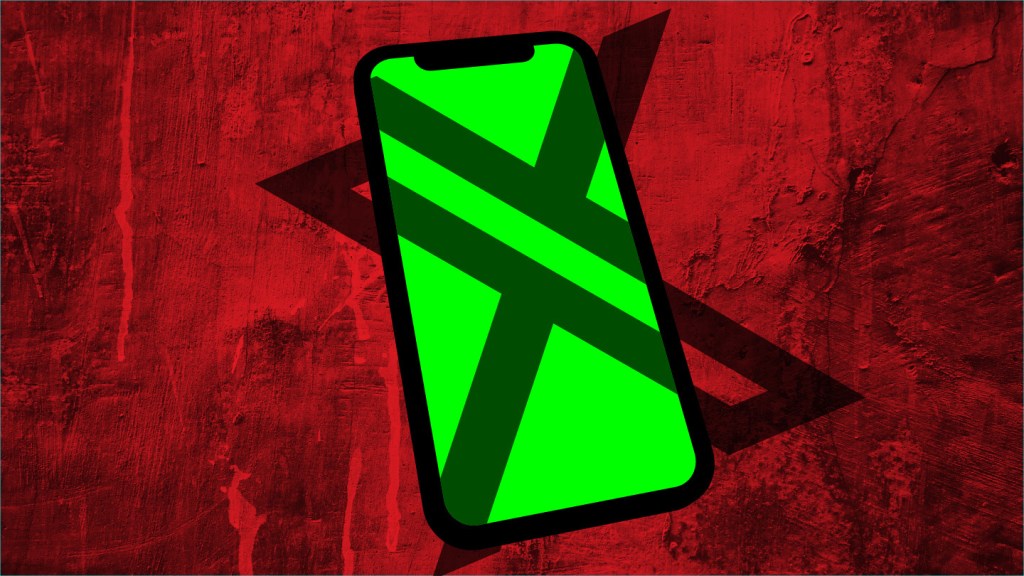DataStax Chairman and CEO Chet Kapoor, LangChain co-founder and CEO Harrison Chase, and Unstructured founder and CEO Brian Raymond (credit: Regent Pictures)
Getting generative AI applications to production is hard, but a host of new integrations and solutions makes life easier for developers
From CIOs looking for new organizational efficiencies, to end users who’ve begun to expect intuitive and relevant results from shopping apps, customer service agents, and even web searches, generative AI seems to be on everyone’s mind. But getting a scalable GenAI app—one that an enterprise would rely on to produce accurate, relevant results—to production is a complicated affair. Developers have a dizzying array of tools, models, and platforms to choose from, along with a laundry list of tests and component-swapping to improve the relevance and accuracy of their results. It’s a lot to manage.
DataStax, the GenAI data company, threw a party in the San Francisco Dogpatch neighborhood Monday night to unveil several new offerings that help to create a more unified, easier-to-navigate, and faster path to help developers eliminate the noise and focus on the creative part of building GenAI apps. The RAG++ AI Hack Night helped to show how all of these puzzle pieces fit together to make it easier for developers to get GenAI apps to production.

Several DataStax partners, including NVIDIA, Microsoft, Unstructured, LangChain, Upstage, and Voyage AI, along with customers including Priceline and SupPlant, shared their experiences working with DataStax and other GenAI technologies.
DataStax developer relations leader Carter Rabasa took the stage and rolled up his sleeves to demonstrate how the DataStax AI platform, LangChain, and Unstructured enabled him to build a GenAI movie search app in under 20 minutes with minimal code (here’s a recorded version of his demo).
Here’s a quick rundown of the news DataStax unveiled Monday.
An integrated Langflow offering
DataStax acquired Langflow, a popular, open source visual framework for building RAG applications, back in April. The offering simplifies the development process by letting developers drag and drop different application building blocks to help them set up, swap, compare, and test out all the major large language model (LLM) and embedding providers. With the absorption of the acquisition complete, DataStax on Monday announced that Langflow 1.0 is generally available, hosted within the DataStax Cloud platform, and it delivers the fundamental building blocks required to create, customize, and share reusable AI components.
The Unstructured.io integration
Unstructured enables developers to convert any document, file type, or layout into LLM-ready data. It’s a no-code cloud service that stands up GenAI data pipelines, from transformation and cleaning to generating embeddings for a vector database.
In our new partnership with Unstructured, the platform is integrated with DataStax Astra DB, the NoSQL and vector database for GenAI, to help developers build RAG pipelines to quickly convert the most common document types into vector data for highly relevant GenAI similarity searches.
DataStax Vectorize
Converting all kinds of data into vectors is a key part of preparing it for GenAI. DataStax Vectorize simplifies vector generation by letting developers pick an embedding service, configure it with Astra DB, and start building right away. Most embedding is currently handled “client-side”- meaning that developers need to learn many different APIs. With Vectorize, vector embedding now happens on the server; meaning developers only need to learn one API to now access the eight most popular embedding providers: Azure OpenAI, Hugging Face, Jina AI, Mistral AI, NVIDIA, OpenAI, Upstage AI, and Voyage AI.
“We’re excited to partner with DataStax Vectorize for its ease of use and the ability to build sophisticated RAG applications on premises,” said Kasey Roh, head of business, U.S., at Upstage AI.
RAGStack 1.0
Retrieval-augmented generation (RAG) is a key piece of the GenAI app puzzle. It optimizes the output of LLMs by enabling them to access custom and proprietary data for more accurate and relevant responses. DataStax on Monday unveiled the latest release of RAGStack, an end-to-end solution that helps remove the many complexities that developers face when implementing RAG. The 1.0 release offers new and enhanced integrations, new tools, and simpler embedding techniques, all in the name of getting GenAI apps to production much faster.
Learn more about how DataStax simplifies and accelerates GenAI app development.






























